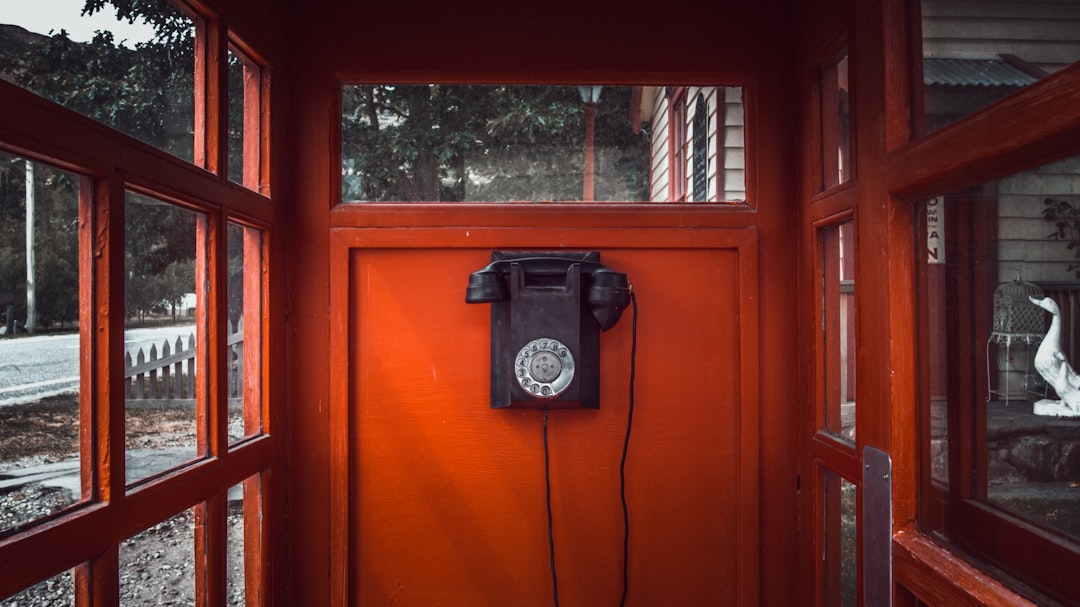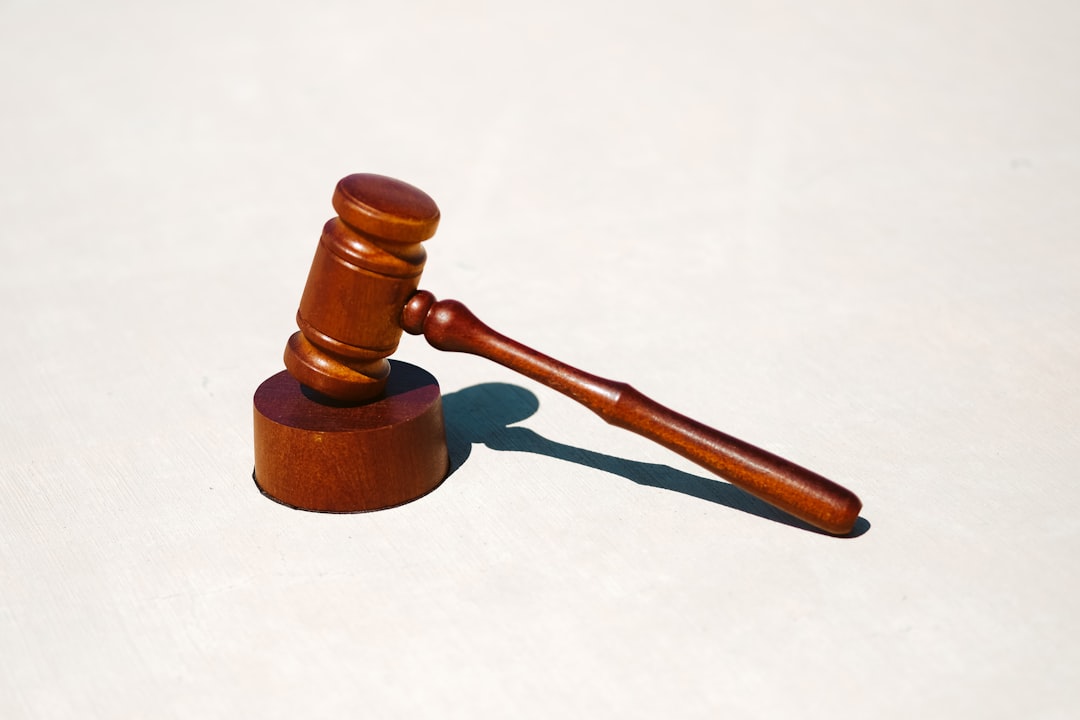Houston residents can protect themselves from unwanted telemarketing calls by registering on Texas' Do Not Call Registry and consulting a Do Not Call Lawyer Houston. The state's registry, managed by the Texas Office of Consumer Protection, blocks marketing calls, texts, and faxes. Federal laws, led by the Telephone Consumer Protection Act (TCPA), further safeguard consumers from unauthorized phone calls and messages. A Do Not Call Lawyer helps navigate these complex regulations, ensures compliance, and protects residents' privacy, upholding their rights to peace and quiet at home.
Navigating telemarketing calls can be a nuisance, but understanding your rights is essential. This guide, tailored for Houston residents, delves into the intricate world of telemarketing laws, focusing on Texas and federal regulations. From the Texas Do Not Call Registry to the Federal Telecommunications Act (TCPA), we demystify legal protections. Learn how these laws safeguard your privacy and what steps to take if you need a Do Not Call Lawyer Houston to enforce your rights effectively.
Understanding Telemarketing Laws: A Houston Resident's Guide

Understanding Telemarketing Laws: A Houston Resident’s Guide
In Houston, as in many parts of Texas, telemarketing laws are in place to protect residents from unwanted calls and ensure fair business practices. These regulations can be complex, but knowing your rights is essential. If you’re a Houston resident receiving excessive or harassing calls, it’s important to know that Texas law offers certain protections. The state’s Do Not Call list is a powerful tool, allowing individuals to opt-out of marketing calls from businesses with which they are not involved.
For those dealing with persistent telemarketers, consulting a Do Not Call Lawyer Houston can provide guidance on navigating these laws. These attorneys specialize in consumer protection and can help you understand your rights under both Texas state law and federal regulations, such as the Telephone Consumer Protection Act (TCPA). This knowledge empowers residents to take action against intrusive telemarketing activities and assert their right to peace and quiet in their homes.
Texas Do Not Call Registry: What You Need to Know

In Texas, residents have the option to register their phone numbers on the state’s Do Not Call Registry, a powerful tool for curtailing unwanted telemarketing calls. This registry is managed by the Texas Office of Consumer Protection and operates similarly to its federal counterpart. By listing your number, you indicate that you do not consent to receive marketing calls, texts, or faxes from any source, including businesses within Texas and those operating nationally.
For Houston residents considering their options as a Do Not Call Lawyer Houston, it’s essential to understand the process. Registration is free and can be done online or by phone. Once your number is on the list, telemarketers are legally prohibited from contacting you without prior express consent. This measure offers Texans a significant level of control over their privacy, ensuring that their personal time and peace are respected.
Federal Telemarketing Regulations: The Truth About TCPA

Federal Telemarketing Regulations, centered around the Telephone Consumer Protection Act (TCPA), are designed to protect consumers from unwanted phone calls and messages, including those from telemarketers. This powerful legislation sets strict guidelines for businesses engaging in telemarketing activities across the nation, including Houston residents. The TCPA prohibits companies from making robocalls or automated texts without prior explicit consent, except under specific circumstances.
Houston residents often turn to a Do Not Call Lawyer when they feel their privacy has been invaded by relentless telemarketing calls. Such lawyers specialize in navigating the complexities of the TCPA to ensure businesses adhere to these regulations and protect consumers from unauthorized contact. Understanding these federal regulations is crucial for both businesses and individuals, as violations can lead to significant financial penalties.
Comparing Legal Protections: Texas vs. Federal Law

When it comes to protecting consumers from telemarketing calls, Texas and federal laws share some similarities but also have distinct differences that Houston residents should be aware of. Both jurisdictions have implemented regulations to limit unwanted phone solicitations, ensuring citizens can enjoy peace and quiet in their homes. However, the key lies in understanding which rules apply when.
Texas law, particularly the Texas Telemarketer Act, offers robust protections for consumers by regulating telemarketers operating within the state. This includes restrictions on calls made before 8 a.m. or after 9 p.m., known as “do-not-call” hours, unless the caller has obtained explicit consent. Houston residents can also register their phone numbers on the Texas “Do Not Call” list, which provides an additional layer of protection against unwanted telemarketing calls. In contrast, federal laws, such as the Telemarketing and Consumer Fraud and Abuse Prevention Act (TCFAP), offer broader coverage by applying to calls made across state lines, including those targeted at Texas residents. A Do Not Call Lawyer Houston can guide individuals on navigating these complexities and ensuring their rights are protected under both state and federal regulations.
Seeking Legal Advice: Finding a Do Not Call Lawyer in Houston

If you’re a Houston resident facing telemarketing calls that feel relentless or unwanted, knowing your rights under Texas and federal laws is empowering. However, navigating these regulations can be complex, especially when dealing with persistent violators. This is where a Do Not Call Lawyer in Houston steps in as an invaluable asset.
These legal experts specialize in consumer protection laws, particularly those related to telemarketing practices. They can provide tailored guidance and representation to ensure your rights are upheld. A qualified Do Not Call Lawyer will help you understand the applicable laws, file necessary complaints, and take appropriate legal action if needed. Their expertise enables them to communicate effectively with both local and federal authorities, ensuring that telemarketers adhere to the established rules and respect your “Do Not Call” status.






